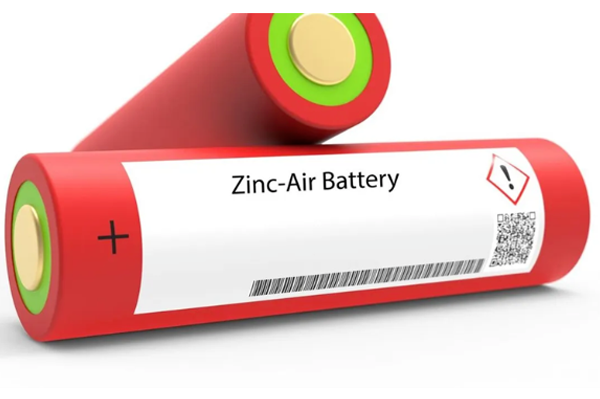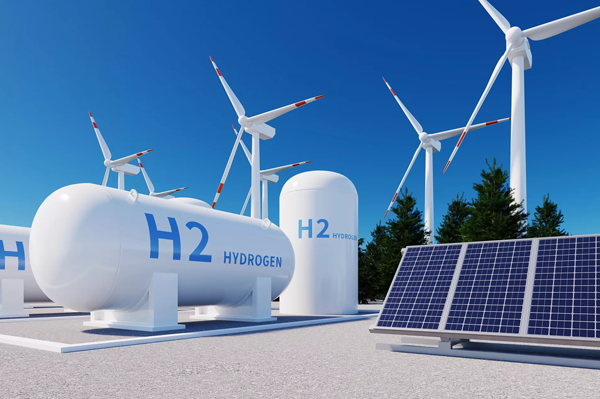Texas-based startup Group1 has launched the world’s first Potassium Ion Battery (KIB) in the industry-standard 18650 cylindrical form factor.
The KIB is free of key minerals such as nickel, cobalt, copper and lithium, solving supply chain issues and reducing the ecological impact of battery production. Instead, it utilises common components including graphite anodes, diaphragms and electrolyte formulations.
This innovation could provide a viable alternative to the dominant lithium-ion battery, addressing concerns about supply chain constraints and environmental impact.
The battery offers advanced cycle life and robust discharge performance, unlike lithium-ion batteries, which utilise potassium ions as a charge carrier. Despite the different chemistry, they maintain the standard 18650 form factor, ensuring compatibility with existing equipment and infrastructure.
With a nominal voltage of 3.7V and energy density comparable to lithium iron phosphate, the new batteries are suitable for a wide range of applications.
Potassium-ion batteries have the advantage of using commercially available off-the-shelf components such as graphite anodes and diaphragms, thereby reducing reliance on key minerals such as nickel, cobalt and lithium. This can lead to a more stable supply chain and lower production costs.
While potassium-ion batteries are promising in terms of performance and sustainability, the technology is still in its early stages. Challenges such as optimising energy density and extending cycle life will need to be addressed to achieve widespread commercial adoption.
These batteries are promising, but it is worth noting the parallel development of sodium-ion batteries. These batteries also take advantage of abundant and inexpensive materials, offering the benefits of faster charging and greater safety. While their energy density currently lags behind lithium-ion, ongoing research is rapidly improving their performance, making them potential contenders for large-scale energy storage solutions.
The emergence of potassium-ion and sodium-ion batteries marks a pivotal moment in the evolution of the battery industry. As R&D advances, these technologies could reshape the energy landscape, providing a more sustainable and efficient power source for a wide range of applications.




